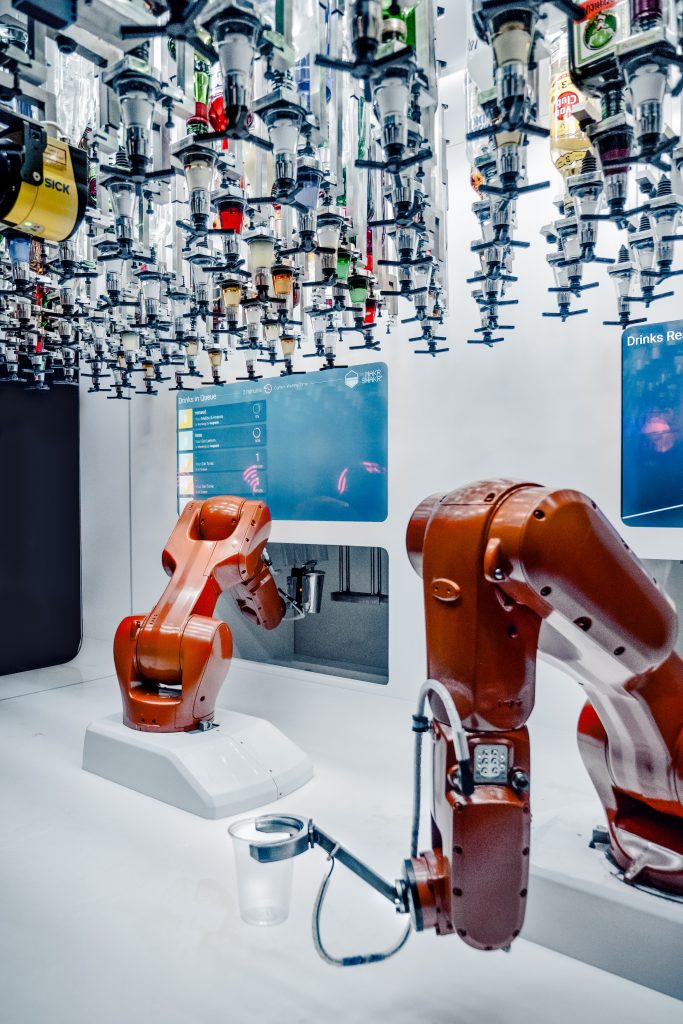The shift towards automation in transportation and mobility is expected to eliminate jobs, but it could also create opportunities, like training the artificial intelligence that powers machines.
The big picture: Members of the workforce who will be impacted need to be trained in the key areas of data literacy, higher cognition decision making and emotional skills — but currently there are few organizations providing that training.
The impact: Changes to all kinds of professions are likely to result from new mobility technology.
A Brookings study estimated that in 2017, 9.5 million jobs were impacted by such technology — only 3.9 million of which were driver jobs.
What’s happening: As artificial intelligence is integrated into professions ranging from administrative work to customer support, people will need to be trained to work alongside machines — but also on non-technological skills, like customer service and decision making.




